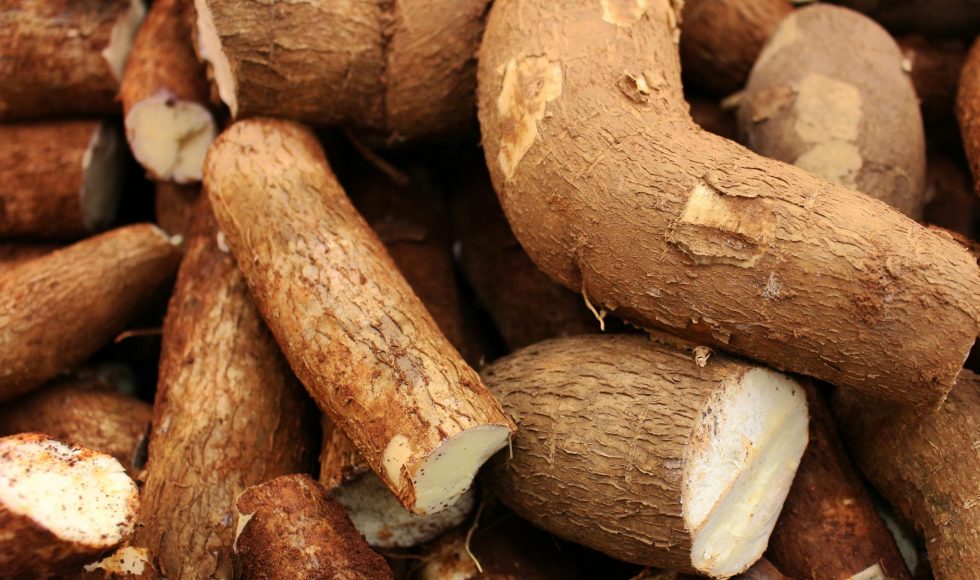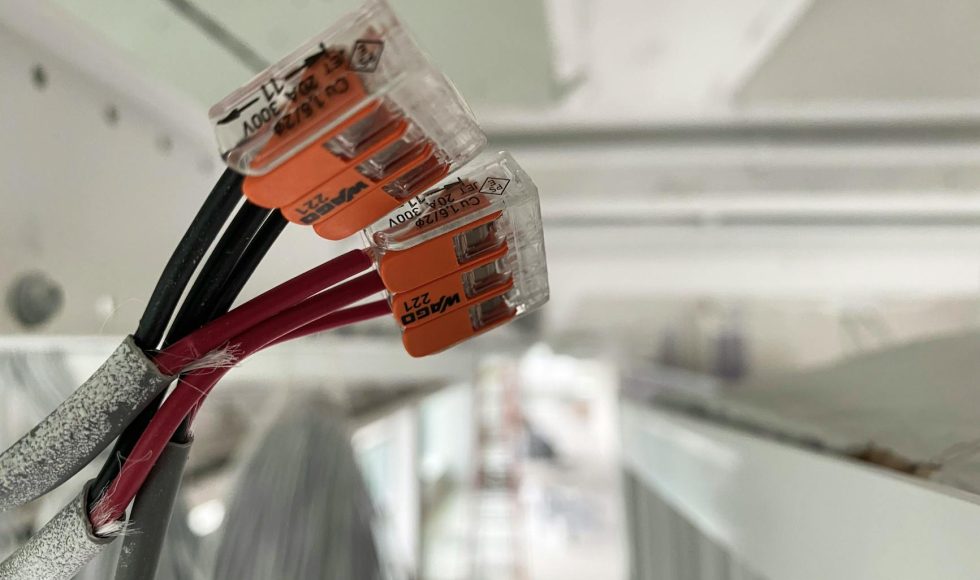Nadie Holmes from the University of Nottingham in the UK presented at London Calling 2019 on “Extracting megabase DNA.” They work with DeepSeq providing training and core sequencing support. Holmes worked on collaborative projects to optimize ultra-long sequencing. They shared data from a 1.3 megabase read. They use the protocol developed by Josh Quick to […]
Yukata Suzuki from The University of Tokyo in Japan presented at London Calling 2019 on “Identification of a new class of local copy number aberrations in lung cancer genomes using PromethION.” I thought this was timely since today, in class, we started sequencing redbud samples using a PromethION flow cell. Suzuki spoke about starting PromethION […]
Jeff Nivala from the University of Washington presented at London Calling 2019 on “Multiplex direct quantification of barcoded protein reporters on a MinION.” Nivala explained that they have been working on single-molecule protein sequencing with a nanopore… focusing on proteins! The team developed an “unfoldase” mechanism to translocate proteins through nanopores. Their goal is protein […]
Charles C. Kayuki from the Tanzania Agricultural Research Institute in Mikocheni, Tanzania, presented at London Calling 2019 on “Portable DNA sequencing in remote East African farms.” They are using genomics to fight plant pathogens, focusing on cassava. Kayuki explained that it is an easy crop to grow and drought-resistant. It is susceptible to two important […]
Daniel P. Depledge from New York University presented at London Calling 2019 on “Redefining the transcriptional complexity of viral pathogens using direct RNA sequencing.” Depledge started with a slide and the question: Got herpes? They are fascinated with herpes viruses and their multiple features and applications. Herpes simplex virus type 1 (HSV-1) is a 152 […]
Heather Drexler from Harvard Medical School presented at London Calling 2019 on “Direct sequencing of nascent RNA exposes splicing kinetics and order.” For example, Drexler explained that RNA splicing is complex, with distant exons being joined. Drexler emphasized that transcription rates affect alternative splicing and that transcription and splicing are physically and mechanistically coupled. The […]
Mark T.W. Ebbert from the Mayo Clinic presented at London Calling 2019 on “Long-read sequencing technologies resolve most ‘dark’ and ‘camouflaged’ gene regions.”Dark and camouflaged regions? Ebbert explained that regions can be dark because there are no reads available (“dark by depth“) or dark by low sequence quality (“dark by MAPQ“). Ebbert explained that most […]
“Untangling heterogeneity in DNA replication with nanopore sequencing” was the title of the London Calling 2019 session that Michael Boemo from the University of Oxford in the UK presented. Boemo spoke about how genome replication has been studied on average and not individual cases. DNA replication can be studied with next-generation sequencing methods to identify […]
Cheryl L. Ames from the US Naval Research Laboratory presented at London Calling 2019 on “Field-forward sequencing with Oxford Nanopore technology – a strategy to establish the upside-down mangrove jellyfish Cassiopea xamachana as a bioindicator.” They emphasized the biodiversity of the ocean is largely unexplored… and also threatened by climate change and overfishing. Environmental DNA […]
Stella Loke from Deakin University in Australia spoke at London Calling 2019 about “Optimising plant DNA extraction for nanopore sequencing.” We are considering sequencing plant DNA this summer and, therefore, want to learn more about plant DNA challenges. Loke spoke about wanting the nano spec readings from Qubit to match the nano spectrophotometer. Loke confirms […]











